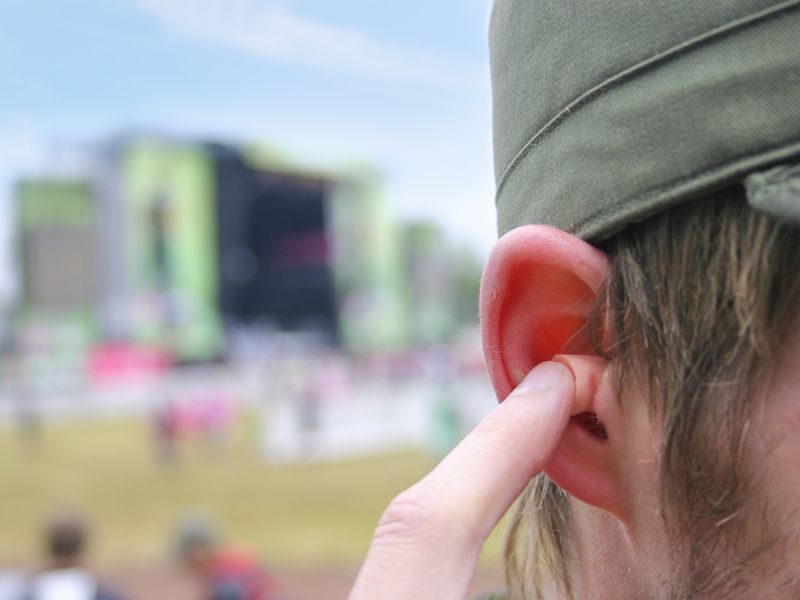
If you’re exposed to loud sounds, say running a lawnmower in your backyard, going to a venue to see your favorite band in concert, or merely sleeping in your own bed next to a snoring spouse, earplugs might be helpful. In the first two instances, they can assist in protecting your ears by decreasing the volume. They help save your sanity and perhaps even your relationships, in the last circumstances, by allowing you to get a good night’s sleep. But are these ear protectors, actually, injuring your hearing?
What’s The Purpose of Utilizing Earplugs?
It’s a pretty simple case for wearing earplugs: When used properly, earplugs can minimize your exposure to extreme sound levels and thereby protect your hearing. Perhaps you’ve observed that your hearing seems different after you leave a loud venue, say, a football game with a noisy crowd, and you might also experience symptoms of tinnitus. Those tiny hairs are bent by this kind of noise exposure and that’s the reason why this occurs. It often vanishes within a couple of days, because the hair cells have recovered.
But in a few particular situations, there is a constant attack on those tiny hairs, this is especially true if you work in a high volume industry like the music business or in an airport. In this case, those hairs never recover, they are permanently injured. Inside each cochlea, you have about 16,000 of these little hair cells, but up to 50% of them can be destroyed or at least injured before you would notice the change in a hearing test.
Is it Conceivable to Damage Your Ears by Using Earplugs?
When it comes to protecting your ears, it seems like it would be a no-brainer to utilize earplugs. But if your exposed to loud noises on a day to day basis, this seems to be even more obvious (like on the job or with the previously mentioned snoring partner), headphones that decrease, but don’t entirely cancel, sound or over the head earmuffs are a much better choice. Earplugs aren’t well suited to day to day use but are a smarter choice for one time events such as a concert or sporting events.
Why? For one, earwax. Your ears make wax to protect themselves, and if you’re frequently using earplugs, they’re going to make more of it, and the earplugs will jam it in further. Tinnitus and other complications can be the result of impacted earwax.
Ear infections can also result from overuse of earplugs. If you continually use the same pair, and you fail to clean them properly between uses, they can become bacteria traps. Ear infections are, at a minimum, a painful annoyance. But at the worst-case-scenario end of the scale, they can also result in a loss of hearing if neglected.
How Can You Safely Utilize Earplugs?
Whether it’s a restful night sleep or protecting your ears, there’s still a formidable positive to using earplugs. Using them in the right way and using the most appropriate kind is the secret to success. The porous material of foam earplugs is a germ paradise so it’s a helpful thing they are the least costly. Don’t put silicone or wax earplugs back in your ears until they are totally dry after using warm water to entirely sanitize them. Buildup of dampness can cause bacteria or mold so keep your earplugs in a well ventilated place.
You might want to talk to us concerning custom fit earplugs if you want or need them regularly. These are crafted from unique molds of your ears, they can be reused and since they’re fitted to your ears, comfortable. But it’s crucial not to forget, good earplug hygiene can stop hearing impairment.